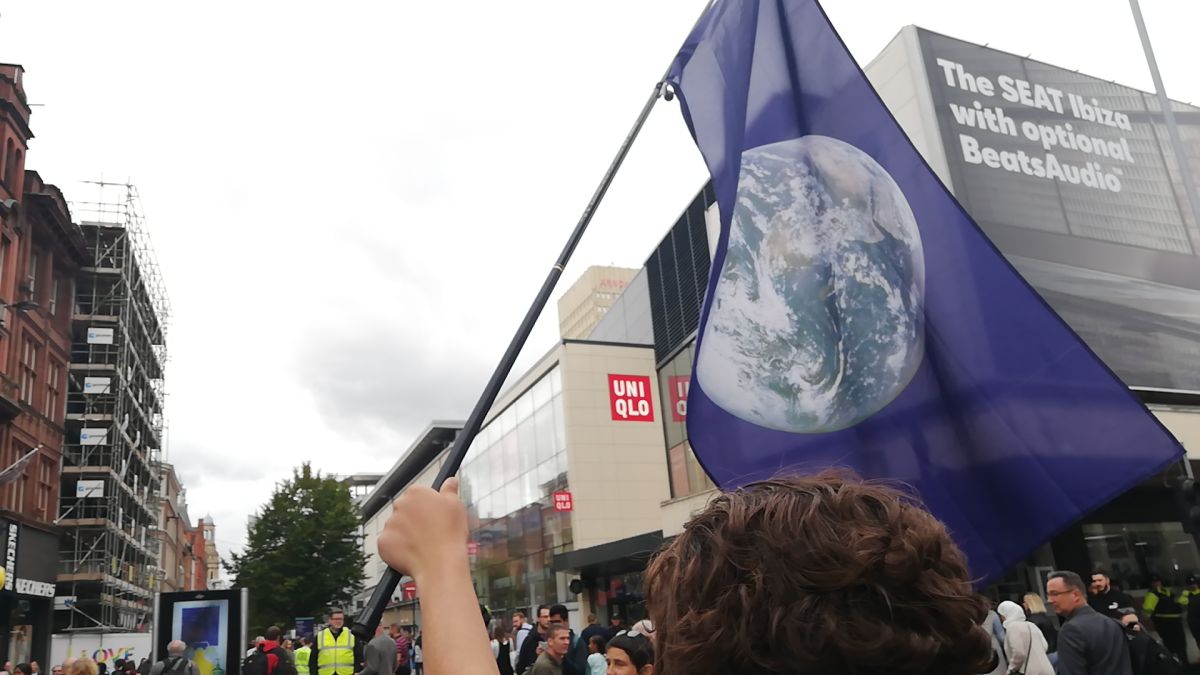Greater Manchester Clean Air Zone set to be introduced in 2022

Plans for a Clean Air Zone to reduce nitrogen dioxide levels in Greater Manchester will be finalised by summer 2021 latest, with implementation expected in spring 2022.
The Zone will encourage the use of cleaner vehicles in the Greater Manchester area by imposing a daily charge on vans, minibuses, lorries and taxis. Private cars and motorbikes will not be affected.
The proposal is part of the wider Clean Air Plan launched jointly by the ten Greater Manchester local authorities to bring nitrogen dioxide levels within the legal limit by 2024. Levels currently exceed these limits in several areas, including the Oxford Road, Wilmslow Road and city centre.
The Zone will include all roads in Greater Manchester, except motorways which are run by Highways England. However, Greater Manchester Combined Authority (GMCA) is working with the government to subject vehicles on motorways to the same conditions, with many people who live around the A628 and A57 vulnerable to high levels of pollution.
The Zone is different to the congestion charges implemented in other areas, where most vehicle users are charged. Instead, it aims to encourage people to switch to cleaner vehicles which are exempt from the charge. The GMCA are asking the government for £150 million to support local people and businesses to upgrade their vehicles, £41 million of which the government has already committed to.
Automatic Number Plate Recognition (ANPR) cameras will be used to track road usage. Plans include a daily charge of £60 for Heavy Good Vehicles, buses and coaches, and £7.50 for taxis and private-hire vehicles from spring 2022. Vans and minibuses will be charged £10 daily from 2023.
A second-year, Manchester student, Mika Thompson, told The Mancunion: “The introduction of the Clean Air Zone can’t be a bad thing. However, I’m a bit weary of the charge causing bus ticket prices to increase, which could incentivise more people to use their cars and reverse the impact. The government need to properly fund the initiative”.
Despite falling levels of nitrogen dioxide from lockdowns in response to Covid-19, this is likely to be short term, with levels rising as lockdowns ease. A longer term plan is necessary to combat dangerous pollution levels, which kill over one-hundred people in Manchester every year.
An eight-week consultation from 8th October to 3rd December 2020 collected residents’ opinions on the proposal, including the stringency of the Zone and the impact from Covid-19.
The final Clean Air Plan will be put to each individual council in Greater Manchester by summer 2021. If agreed upon, the Plan will be submitted to the government for approval and will likely come into force next year.







